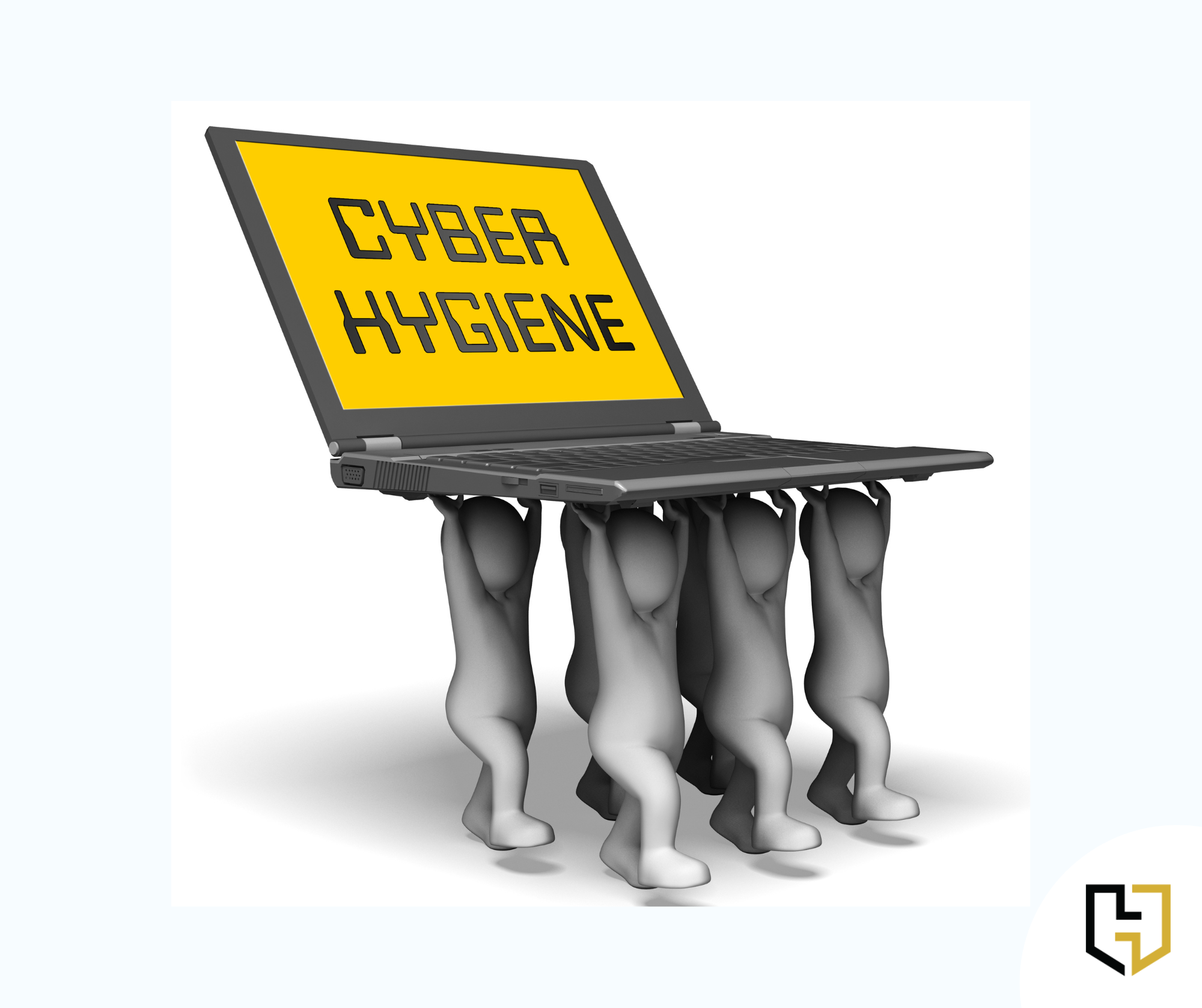Practicing good cyber hygiene is essential for everyone, from individuals to businesses. Cyber hygiene refers to the practices and habits that help protect your digital information and devices from cyber threats. By following simple yet effective cybersecurity practices, you can significantly reduce the risk of falling victim to cybercrime. Here are some practical steps you can take to maintain good cyber hygiene:
1. Strong Password Management
Passwords are your first line of defense against unauthorized access. Create strong, unique passwords for each of your accounts and change them regularly. Avoid using easily guessable information like birthdays or common words. Consider using a reputable password manager to securely store and manage your passwords.
2. Keep Software Updated
Ensure that all software on your devices—operating systems, antivirus programs, web browsers, and applications—are up to date with the latest security patches. Cybercriminals often exploit vulnerabilities in outdated software, so timely updates are crucial to protecting your devices.
3. Practice Safe Browsing Habits
Be cautious when clicking on links or downloading attachments from unfamiliar or suspicious emails. Verify the source and legitimacy of websites before entering sensitive information. Use secure connections (HTTPS) for online transactions and avoid using public Wi-Fi for accessing sensitive information unless using a VPN.
4. Enable Two-Factor Authentication (2FA)
Add an extra layer of security to your accounts by enabling two-factor authentication (2FA) wherever possible. 2FA requires a second form of verification (such as a code sent to your mobile device) in addition to your password, making it significantly harder for unauthorized users to access your accounts.
5. Backup Your Data Regularly
Regularly back up your important data to an external hard drive, cloud storage service, or both. In case of a ransomware attack, hardware failure, or other data loss incidents, backups ensure that you can recover your valuable information without paying a ransom or suffering permanent loss.
6. Be Wary of Phishing Attempts
Phishing attacks are a common method used by cybercriminals to steal sensitive information. Be cautious of unexpected emails, messages, or phone calls asking for personal information or urging urgent action. Verify the authenticity of such communications before responding or clicking on any links.
7. Secure Your Mobile Devices
Apply the same cybersecurity principles to your mobile devices as you would to your computer. Keep your device’s operating system and apps updated, use strong passwords or biometric authentication methods, and be cautious of downloading apps from unofficial app stores.
8. Educate Yourself and Others
Stay informed about the latest cybersecurity threats and trends. Educate yourself and your family or colleagues about good cyber hygiene practices. Awareness and vigilance are key to preventing cyber incidents.
9. Use Security Software
Install reputable antivirus software and consider using additional security tools such as firewalls and anti-malware programs to protect your devices from cyber threats. Keep these security tools updated regularly to ensure they can effectively detect and mitigate emerging threats.
10. Review Privacy Settings
Regularly review and adjust privacy settings on your social media accounts, apps, and devices. Limit the amount of personal information you share online and configure privacy settings to maximize your control over who can access your information.
Maintaining good cyber hygiene is not just a one-time task but an ongoing commitment to protecting your digital life. By following these simple steps and adopting a proactive approach to cybersecurity, you can significantly reduce your risk of falling victim to cyber threats. Remember, your online security is in your hands—start practicing good cyber hygiene today to safeguard your digital future.
Explore a wealth of information on our website https://www.hammett-tech.com/our-blog/
Visit our Socials!

